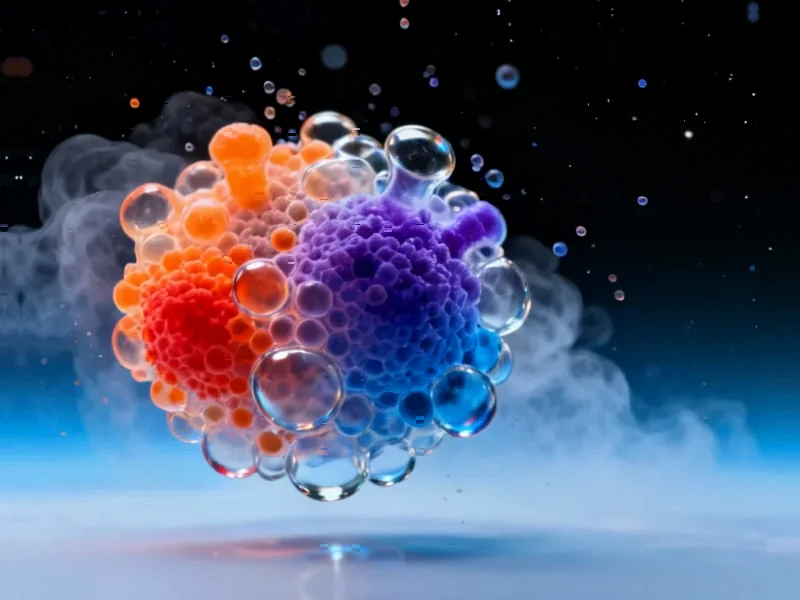Leading scientists indicate protecting and restoring natural ecosystems could provide over one-third of global emission reductions required by 2030. These approaches simultaneously address climate change, biodiversity loss, and public health crises through cost-effective interventions.
The Convergence Crisis Demands Integrated Solutions
Global communities face interconnected environmental, economic, and public health challenges that require innovative cross-sector approaches, according to expert analysis. Nature-based solutions (NbS) – defined as actions that protect, restore, and sustainably manage ecosystems – are emerging as a comprehensive framework addressing these converging crises. Sources indicate these approaches reduce greenhouse gas emissions, improve human wellbeing, and cultivate economic stability through cost-effective interventions.





